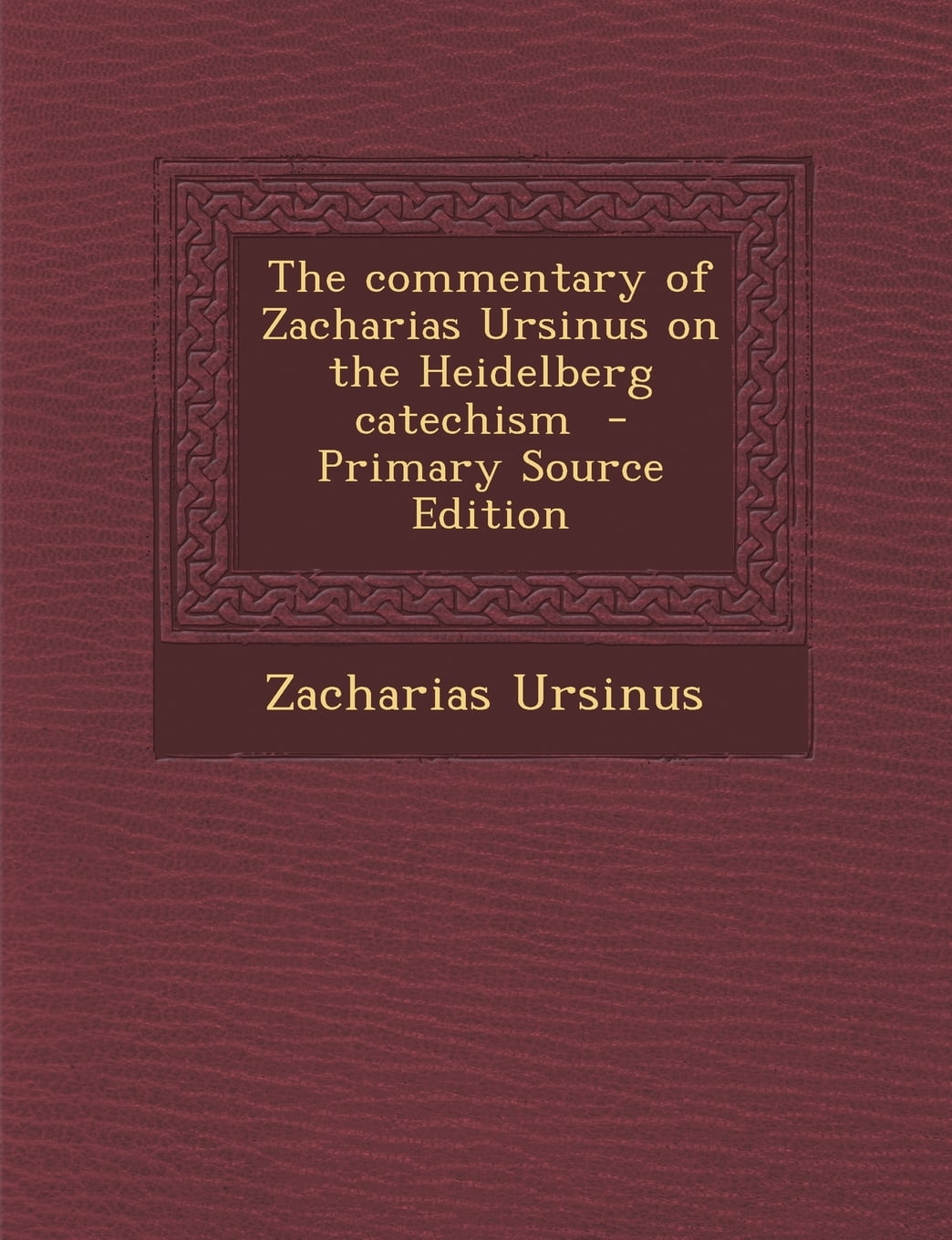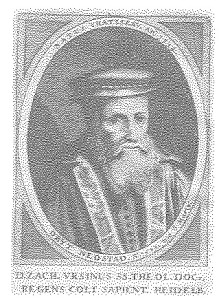

Ignorant of the ONLY GROUND of favor and acceptance with God - theĮfficacious satisfaction of Jesus Christ which consists of His atoningīlood and imputed righteousness. Inevitable fruit (result) of everlasting life freely bestowed by God Ursinus believes a “sufficient satisfaction” has been made for those whoĪre received into favor and those who are not.īelieving in the Son is NOT a condition, but an immediate and “some condition added to the satisfaction.” Thus the heretic Without exception would be saved (“received into favor”) except for “ought to be received into favor.” Ursinus is granting that everyone Objector’s syllogism makes it clear that everyone without exception Please note that Ursinus concedes that the major premise is true, which is that “All those ought to be received into favor for whose offences Ī sufficient satisfaction has been made.” The conclusion of the Williard (Philipsburg, New Jersey: P&R, 1994), p. Zacharias Ursinus on the Heidelberg Catechism, trans., G.W. Life’ (John 3: 16.) (Zacharias Ursinus, The Commentary of Dr.

That whosoever believes in him should not perish, but have everlasting It is said, ‘God so loved the world that he gave his only begotten Son, But this condition is expressly added, where Satisfaction as, that only those are saved through it, who apply it

The major is true, unless some condition is added to the In the course of his exposition, Ursinus puts forth the following objection and then answers the objection:Īns.

Are all men, then, as they perished in Adam, saved by Christ?Īnswer: No only those ingrafted into him, and receive all his benefits by truth faith” (p. Questions in the Heidelberg Catechism concerning the redemption of The following are excerpts of Ursinus’ exposition on various With Olevianus of the epochal Heidelberg Catechism, on which he wrote anĮxtensive commentary and systematic theology. “Taught at Heidelberg, Neustadt and Breslau. Period, was exchanged for the more sonorous corresponding Latin title, Ursinus” (ix).ĭr. (Bear) which, according to the fashion of the learned world in that “Ursinus was a native of Bresslau, the capitol of Silesia…The proper family name Beer, In the Introduction to Zacharius Ursinus’ Commentary on the Heidelberg Catechism Mr.


 0 kommentar(er)
0 kommentar(er)
